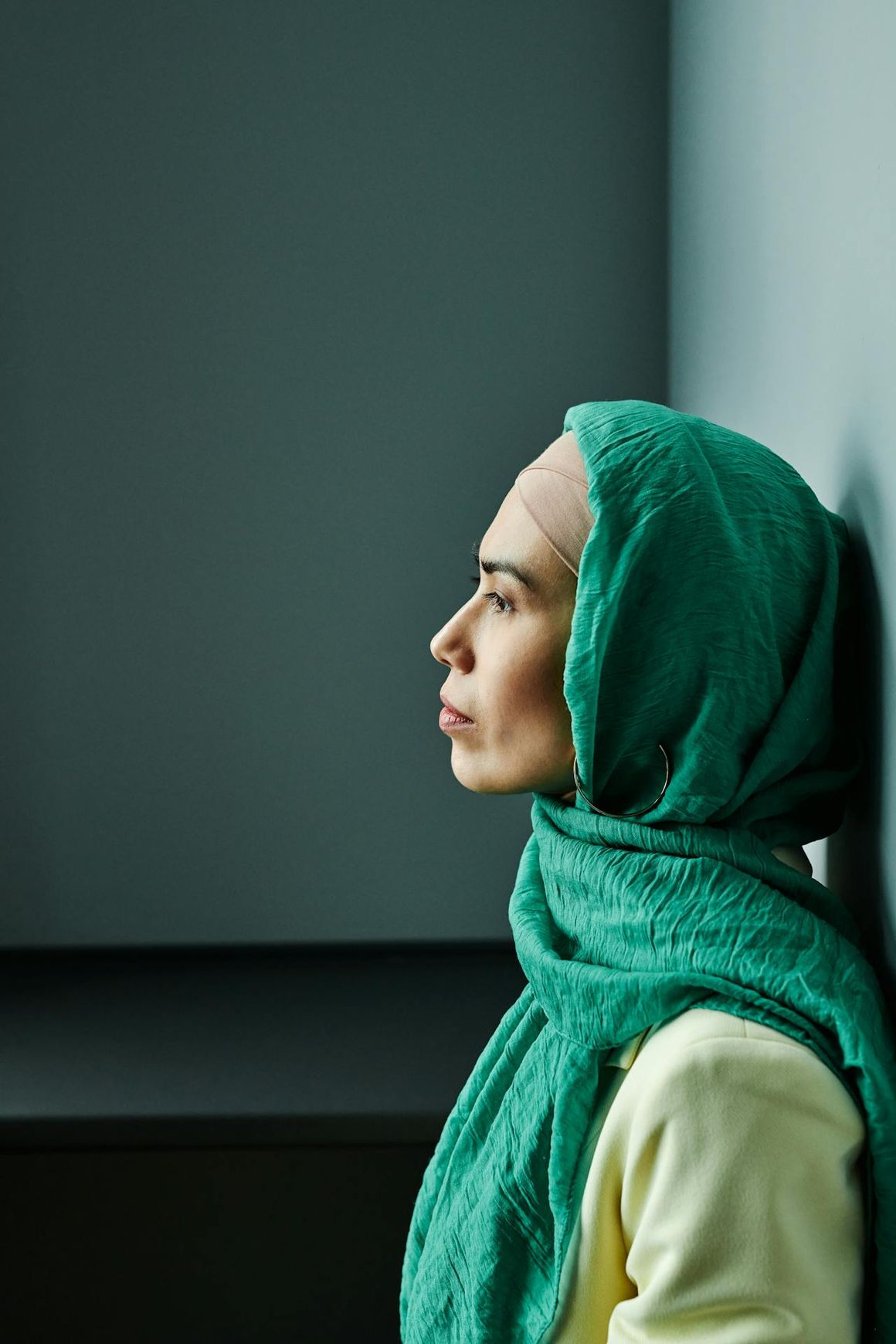As-salamu alaykum wa rahmatullahi wa barakatuh. This is a question that has weighed heavily on the hearts and minds of believers throughout history, and it is a profoundly important one. The core of the inquiry revolves around the seemingly paradoxical relationship between Qadar (Divine Decree/Predestination) and the existence of evil, suffering, and injustice in the world. If Allah (SWT) is the All-Powerful, All-Knowing, and All-Just, and nothing happens without His Will and Permission – as unequivocally stated in the Quran – then why does He *allow* injustice and the killing of innocent people?
This article will attempt to address this complex issue, drawing upon Quranic verses, Hadith, and the wisdom of Islamic scholarship. It is a nuanced discussion, and a complete answer requires acknowledging the limitations of human understanding when grappling with the Divine.
The Quranic Basis: Absolute Sovereignty & Divine Permission
The Quran is replete with verses affirming Allah’s absolute sovereignty and control. Consider these examples:
And with Him are the keys of the unseen; none knows them except Him. And He knows what is on the land and in the sea. Not a leaf falls but that He knows it. And no grain is there within the darknesses of the earth and no moist or dry [thing] but that it is [written] in a clear record.Quran 6:59
No disaster strikes upon the earth or among yourselves except that it is in a register before We bring it into being - indeed that, for Allah, is easy -Quran 57:22
Even the falling of a leaf, as the Quran states, occurs with His permission. This isn't simply about foreknowledge; it's about creation and permission. Allah doesn’t merely know the leaf will fall; He decrees and allows it to fall.
Understanding Divine Will: Not Necessarily Approval
The crucial point to grasp is that Allah’s permission for something to happen does not equate to His approval of it. This is where many fall into error. Allah (SWT) allows certain things to occur as part of a larger, ultimately just, plan. He allows humans free will, even though He knows how that free will will be exercised.
Think of it like a parent allowing a child to learn through experience. The parent knows the child might stumble and fall, but they allow the attempt, knowing that the learning process is valuable, even if it involves temporary pain. Allah (SWT) is the Most Wise, and His wisdom encompasses things beyond our limited comprehension.
The Purpose of Trials and Tribulations
Islamic theology identifies several reasons why Allah (SWT) allows suffering and injustice:
Testing of Faith (Ibtila’): Allah tests believers to strengthen their faith and resilience. The Quran states
And We will surely test you with something of fear and hunger and a loss of wealth and lives and fruits, but give good tidings to the patient,Quran 2:155
Expiation of Sins (Kaffarat): Suffering can serve as a means of expiating sins, both individual and collective.
Raising of Status in the Hereafter (Darajat): Those who endure hardship with patience and faith are promised a higher status in Paradise. The Prophet Muhammad (peace be upon him) said,
The greatest reward comes with the greatest trial. And when Allah loves a people, He tests them.Prophet Muhammad
Distinguishing Between Truth and Falsehood: Trials reveal who truly believes and who is merely pretending.
Establishing Divine Justice in the Hereafter: While injustice may prevail in this world, Allah (SWT) promises ultimate justice in the Hereafter. He will hold everyone accountable for their actions.
The Role of Human Free Will (Ikhtiyar)
A cornerstone of Islamic belief is the concept of Ikhtiyar – human free will. While Allah knows everything that will happen, He does not force people to do evil. He has given us the ability to choose between right and wrong.
Allah says in the Quran
What comes to you of good is from Allah, but what comes to you of evil, [O man], is from yourselfQuran 4:79
The injustice and suffering we witness are often the direct result of human choices – greed, hatred, oppression, and disregard for the rights of others. We are accountable for our actions, and we will be judged accordingly.
This doesn’t negate Divine Decree, but rather complements it. Allah knows how we will choose, but He doesn’t make us choose. He allows us the space to exercise our free will, even if it leads to negative consequences.
The Innocence of the Victims & Divine Compassion
The suffering of innocent people is particularly heartbreaking. Why would Allah allow such pain to befall those who have done no wrong?
Islamic theology offers several perspectives:
A Test for the Believers: The suffering of the innocent can be a test for those who witness it, challenging them to remain patient, compassionate, and steadfast in their faith.
A Catalyst for Good: Sometimes, tragedy can inspire acts of kindness, generosity, and social change.
A Divine Mystery: Ultimately, some aspects of Divine wisdom are beyond our comprehension. We must accept that Allah’s knowledge is infinite, and our understanding is limited.
Reward in the Hereafter: The innocent victims will be rewarded for their patience and suffering in the Hereafter. They will receive a special status and a great reward.
Our Responsibility as Believers
While we acknowledge Divine Decree, we are not passive observers of injustice. Islam demands that we actively strive to establish justice, alleviate suffering, and defend the oppressed.
The Prophet Muhammad (peace be upon him) said,
Whoever sees an injustice, let him correct it with his hand. If he cannot, then with his tongue. And if he cannot, then with his heart.Prophet Muhammad
We must use all available means to combat injustice, promote peace, and create a more just and equitable world.
Conclusion
Reconciling Divine Decree with the reality of suffering is a complex and challenging task. It requires a deep understanding of Islamic theology, a recognition of the limitations of human understanding, and a commitment to actively striving for justice.
While we acknowledge Allah’s absolute sovereignty and control, we are not absolved of our responsibility to act as agents of good in the world. We must trust in Allah’s wisdom, even when we cannot fully comprehend it, and continue to strive for a better future, knowing that ultimate justice will prevail in the Hereafter.
May Allah (SWT) grant us understanding, patience, and the strength to overcome adversity. Ameen.


